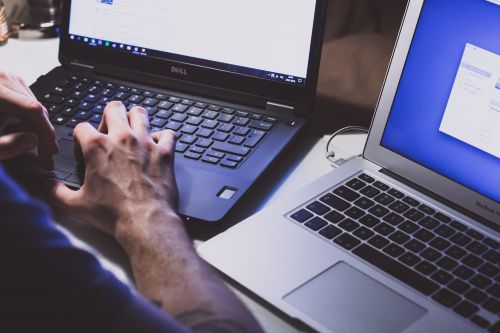
Many colleges and universities are switching to online classes. With that, many students will be taking online exams. While this is not an entirely new concept, for many students this could be a first experience with online examinations. Many students may be tempted to cheat since they are testing in their own space.
Many colleges and universities use online proctoring software to monitor students while taking exams. Two of the most popular and sophisticated are Proctoru and Proctorio. Both utilize the webcam in a computer to monitor the student. These programs are very sophisticated. They pick up and analyze eye movement, record keystrokes, and use powerful microphone technology to record and analyze ambient noises. If irregularities are detected, a report will be generated and could form the basis of an academic integrity case against the student. Here are some tips from a student defense attorney to protect yourself from false accusations of cheating.
Take the Exam in a Quiet Location
When you must take an online exam, make sure the location you are taking the exam is quiet or that you are alone. This will reduce the chances of any ambient noises being picked up. This includes pets. I’ve had cases where the student’s dog or cat made noises off camera that were misinterpreted as someone else being in the room when the student took their exam.
Take the Exam in a Location with Little or No Distractions
While it may be tempting to sit in front of a window, this is not a good idea. You are more likely to get distracted, look around, or have your eyes dart around more. All of these actions could be picked up and it could give the impression that the student is looking off camera at notes or other unauthorized materials.
Record your surroundings on your phone before the exam starts, then leave your phone and other devices outside the room.
Before you are about to start your exam, take your phone and record a very brief video panning the space you are about to take the exam. Make sure to record that there are no unauthorized materials on the walls, floor, even ceiling. Make sure the day and time are noted. Then, place all phones, tablets, and wearables outside the room. If you are home, give them to a parent or sibling who could verify they had these materials during the time you were taking the exam. Then start your exam as quickly as possible as to when you documented your surroundings. If an accusation arose later, you would have something that you could potentially use to demonstrate the area that you took your exam had no unauthorized materials present.
If you are accused of cheating on an online exam, call Asselta Law today 855-338-5299
Richard Asselta is a defense lawyer who represents college students throughout the United States.
